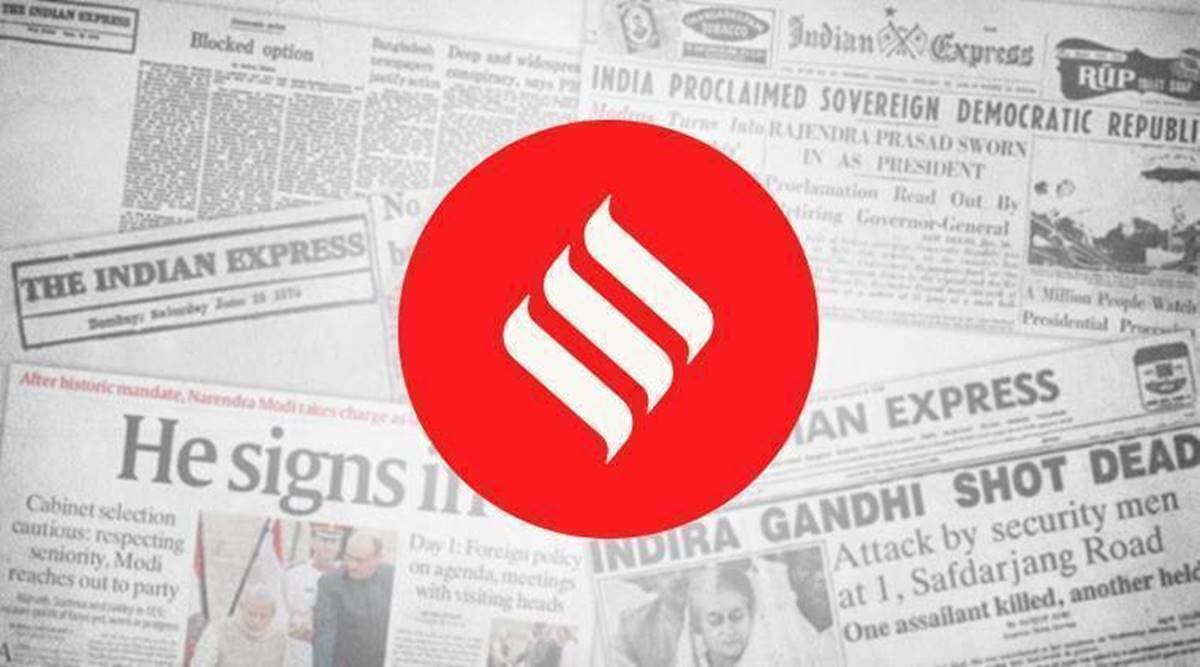 The Pegasus allegations have cast a shadow on the integrity of institutions.
The Pegasus allegations have cast a shadow on the integrity of institutions. When a list of phone numbers of potential targets for surveillance using Israeli malware is bared to the public through a collaborative investigation by an international consortium of journalists, and when among those in the India list are individuals belonging to Opposition parties, civil society, journalists (including three editors of The Indian Express, two current and one former) and a constitutional authority, the government must set up a probe into the matter. When the Israeli vendor insists that the spyware is sold only to “vetted governments”, the government does not have the option of brazening it out or resorting to conspiracy mongering. The new minister for Information Technology, Ashwini Vaishnaw, has said that the outing of the list is a bid to “malign Indian democracy and its well-established institutions”. Home Minister Amit Shah has spoken darkly of “disruptors” and “obstructors” and recycled his own disturbing formulation from an earlier time, “aap chronology samajhiye…” But the ministers cannot point the finger away by invoking worn spectres. Minister Vaishnaw has also spoken of the presence of established procedures and protocols through which lawful interception of electronic communication is carried out for national safety and security. He is right, too, in saying that the mere presence of a phone number in the database is not confirmation that the corresponding device was hacked. Yet, he and his government must now address the Pegasus in the room: The growing impression that red lines have been breached, for government or its agencies to target political opponents, dissidents and activists.
This is about the constitutionally guaranteed right to privacy of individuals, and also about more than that. The Pegasus allegations have cast a shadow on the integrity of institutions. It is true that earlier governments also operated in grey zones of espionage, were accused of phone tapping of political opponents. Yet, the nature of this alleged scandal is different — both because of the scale of the purported abuse of power and the political climate that forms its backdrop. The sophistication of technology now makes possible a level of invasiveness that wasn’t possible earlier. The government that is called upon to explain the alleged misuse of spyware is one that wears on its sleeve its intolerance of dissent, and which has sought to criminalise the dissenter by weaponising vaguely worded laws.
Also on the list of those selected for possible surveillance by the spyware are phones connected with the woman who in April 2019 accused the then sitting Chief Justice of India Ranjan Gogoi of sexual harassment — he was subsequently cleared by an in-house SC committee and nominated to Rajya Sabha by the BJP-led regime. The apex court must take note — and this is not the only reason why it must step in. The Pegasus allegations are debilitating in their potential effect on the trust that underpins the pact between government and people. The court must play its role in ensuring that the questions are answered, and due process is followed, no matter where it might lead to. Of late, the government has been pushing back at Big Tech — and with reason — on what’s right, and wrong. It has been celebrating, rightly, the rise of tech unicorns in a range of services where the citizen’s phone and her data are, effectively, the engines of entrepreneurship. Trying to snoop unlawfully is what maligns Indian democracy. For the sake of national security, the department of dirty tricks needs to come clean.
- The Indian Express website has been rated GREEN for its credibility and trustworthiness by Newsguard, a global service that rates news sources for their journalistic standards.

